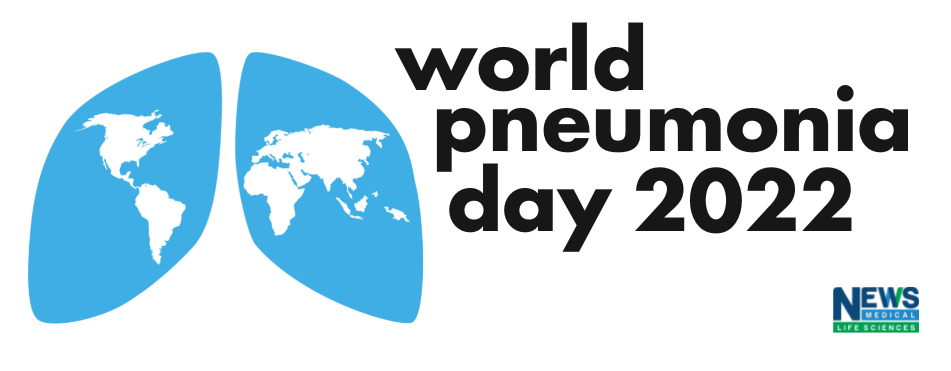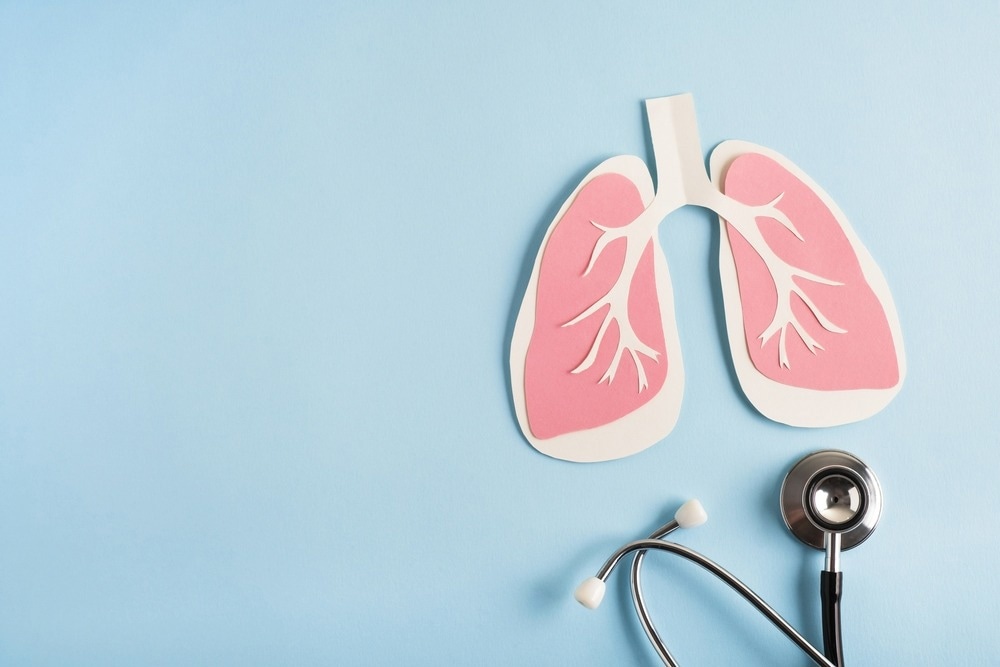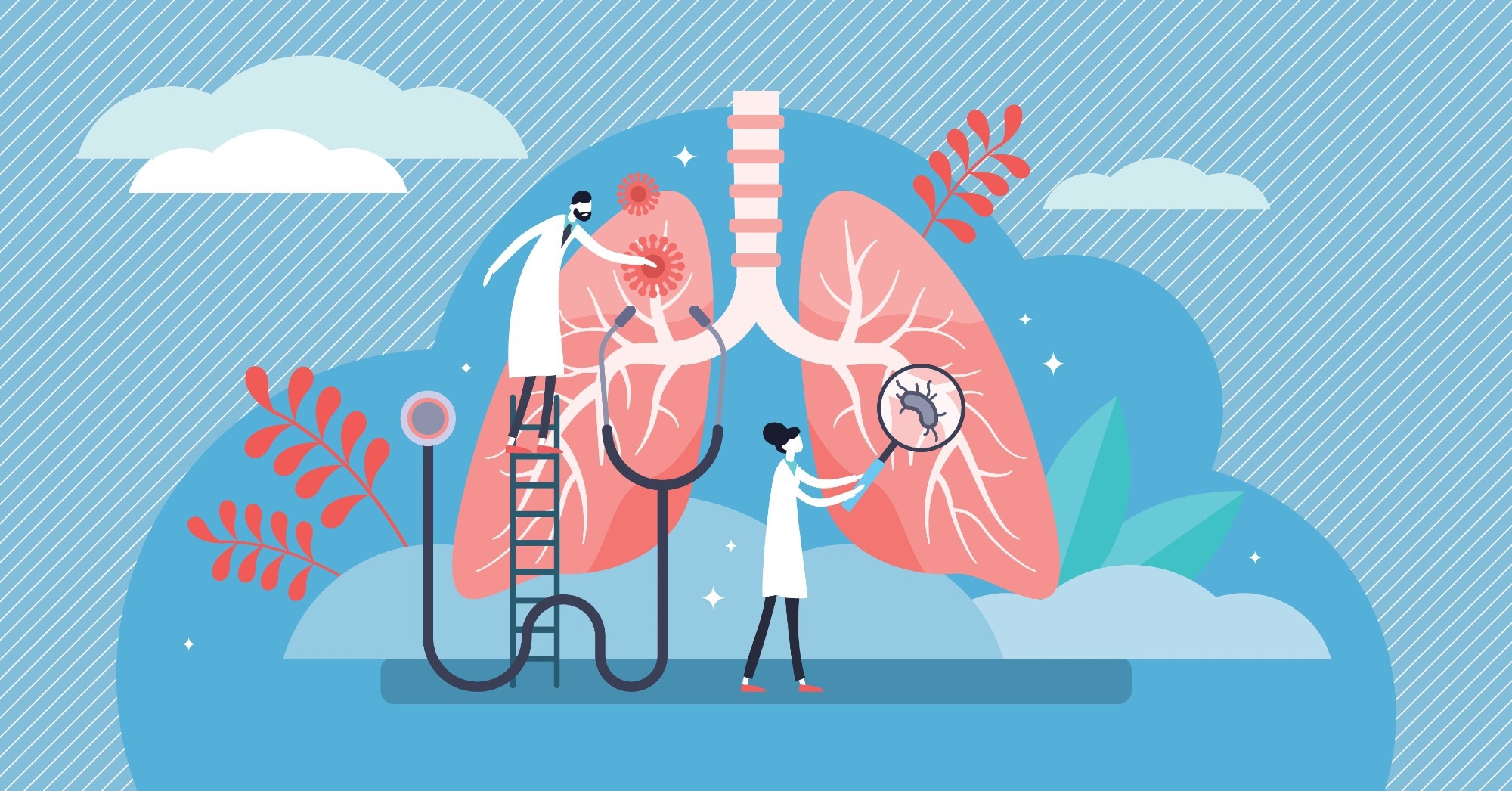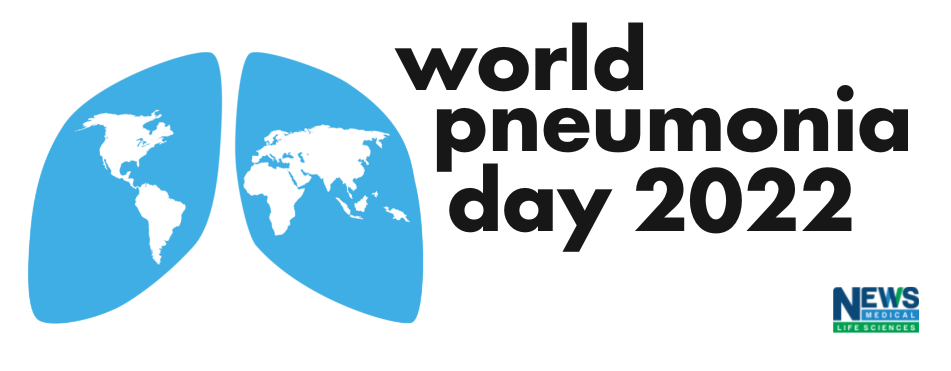Please can you introduce yourself and tell us about your professional background as well as your current role at Asthma + Lung UK?
I have been a GP for 18 years and work with Asthma + Lung UK as their Clinical Lead. I support different parts of the charity by ensuring its work is medically accurate, including helping to create our health advice, liaising with expert nurses on the helpline, or influencing the NHS and decision-makers to improve care for patients with respiratory conditions.

Can you tell us a bit about Asthma + Lung UK? What is your strategy to achieve a world where everyone has healthy lungs?
Asthma + Lung UK is the country’s leading lung charity. It is committed to providing better outcomes to the 12 million people who will develop a lung condition in their lifetime, whether this is asthma, COPD, bronchiectasis, or any other respiratory illness.
Fighting for your right to breathe | Asthma + Lung UK
Currently, the UK has the highest rate of lung deaths in Western Europe, with only 2% of publicly funded research spent on respiratory health. Yet lung disease is the third biggest killer in the country. As a charity, we don’t think this is good enough, and we are campaigning for more money to invest in research to develop new medications. We also want lung health to be as much of a priority as other conditions, such as heart disease and cancer.
What is pneumonia, and how do infectious lung conditions, such as pneumonia, affect existing lung conditions?
Pneumonia is a type of chest infection that affects the tiny air sacs in your lungs, called alveoli. When you have pneumonia, these air sacs get inflamed and fill with fluid. This makes it harder for someone to breathe. Symptoms include coughing up mucus, a high temperature, difficulty breathing, chest pain, and loss of appetite.
It is one of the leading causes of death in winter, and people with existing lung conditions are at higher risk of severe illness.

Image Credit: Helena Nechaeva/Shutterstock.com
Babies and young children are at higher risk of getting pneumonia because their immune systems are not yet fully developed. How does pneumonia impact the lives of children and their families? What needs to be done to improve the diagnosis and treatment of pediatric pneumonia?
Many cases of childhood pneumonia can be prevented. Reducing exposure to secondhand tobacco smoke (even on clothes), promoting routine childhood vaccinations, and a healthy diet and regular exercise are all crucial in protecting children’s lungs.
The specific theme of World Pneumonia Day 2022 is ‘Pneumonia Affects Everyone.’ How important is it to improve the visibility of this disease and the people it affects?
There is an assumption that pneumonia only affects older, more vulnerable people, but this isn’t always the case, with Asthma + Lung UK research revealing that each year almost one in every hundred adults will be affected by the infection.
Pneumonia is dangerous and can be fatal, so it is important to know how to prevent it. Some steps people can take to protect themselves include not smoking, adopting handwashing to prevent infection, and having a pneumonia vaccination if eligible.
The uptake of this jab isn’t as high as it should be. Those eligible for the free vaccine include adults over the age of 65, those at occupational risk, such as metal workers and welders, and children and adults with long-term health conditions such as COPD or severe asthma. Most adults will only need to have this vaccination once in their life.

Image Credit: VectorMine/Shutterstock.com
How has the COVID-19 pandemic impacted the diagnosis and treatment of pneumonia?
It has been a bit of a mixed bag, really. On the one hand, people are more aware of respiratory conditions and are more likely to take breathing issues more seriously. Still, on the other, for some, there is increased resistance to seeking medical care, or they face difficulty accessing it.
What are the next steps for you and your work? Do you have any exciting projects coming up?
Asthma + Lung UK is currently funding some crucial research into the impact of female hormones on asthma, as we know that women are more likely to be hospitalized with asthma than men and have double the chance of dying from an asthma attack.
Where can readers find more information?
You can find out more about pneumonia on our website here: http://asthmaandlung.org.uk/pneumonia
About Dr. Andy Whittamore
Andy is a practicing GP in Portsmouth and the charity’s Clinical Lead. He has worked as a GP for over 15 years and has a wealth of knowledge about diagnosis and treatment of lung conditions, including asthma, in primary care. He has held a range of roles driving innovation and quality improvement, including working for the Primary Care Respiratory Society UK, on the Department of Health’s Respiratory Programme, and as Clinical Champion for FeNO testing at NHS England.
He has worked as a GP for over 15 years and has a wealth of knowledge about diagnosis and treatment of lung conditions, including asthma, in primary care. He has held a range of roles driving innovation and quality improvement, including working for the Primary Care Respiratory Society UK, on the Department of Health’s Respiratory Programme, and as Clinical Champion for FeNO testing at NHS England.
Andy has been interviewed for a range of national and regional media outlets, including the Telegraph, BBC, and Sky, and written for publications including GP Online, OnMedica, and Patient.info and can give expert clinical insight on all lung conditions as well as how digital innovations such as apps can help people manage their lung health.
Follow Andy on Twitter: @76whit







